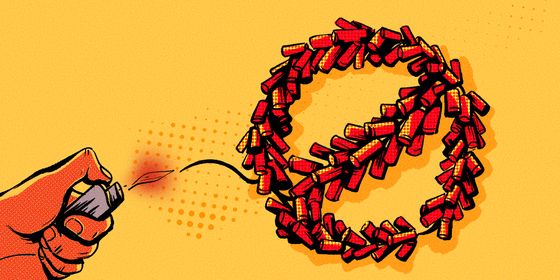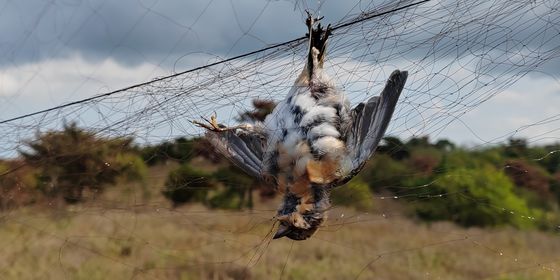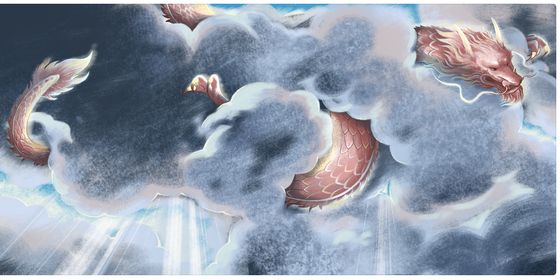China’s pet industry is booming, but abuse is rampant at every stage of the sector
After an hour on the highway, driver Zhang Huanan (pseudonym) pulls his white sedan into a service station, opens the trunk, and drips bottled water onto four panting Persian kittens. Their fur is matted with sweat, and they claw at the bars of their wire cage in a pathetic bid for freedom. The tissues lining the floor do little to absorb the urine and feces.
Despite Zhang’s encouraging chirruping sounds, the exhausted, oxygen-starved pets give little response. The trunk is slammed shut after five minutes, as Zhang is anxious to be on his way—there’s another two hours to the kittens’ destination, a pet shop in an upscale shopping center in a so-called “fifth-tier” city with a population of 1.3 million in northeastern China.
Driving with animals in the trunk would run afoul of anti-animal cruelty legislation in several countries around the world. But without comprehensive animal protection laws, nor widespread education to encourage compassion toward animals among children or adults, there is little to deter individuals and companies in China from mistreating animals for profit, pleasure, or simply to cut costs.
As far back as 2009, legal experts drafted anti-animal cruelty legislation calling for animal welfare policies like guaranteed “living space” for animals in breeding sites, a ban on surgically altering an animal “for the purpose of viewing or taking pictures,” nationwide education on animal cruelty, and 5,000 RMB fines for acts of cruelty against pets.
However, this draft legislation never made it onto the agenda of the National People’s Congress, China’s highest lawmaking body. That means existing regulations on animals in China still treat them as just potentially harmful property: The Civil Code outlines the liabilities of an owner whose animal causes damage to others, while there is extensive regulation in preventing disease—in 2020, the NPC Standing Committee ordered a total ban on all hunting, rearing, and transportation of wild animals for food due to the suspected connection between the wildlife trade and the Covid-19 outbreak.
Garden variety forms of animal cruelty can thus be found everywhere in society, at least if the internet is any indication. Security footage regularly surfaces of delivery drivers, pet owners, or small children, picking up small puppies in public places and violently hurling them to the ground. In 2020, Fan Yuanqing, a student from Shandong province, was publicly condemned for selling videos of himself torturing and killing cats—an online fetish that has been rampant since at least the mid-2000s, when online vigilantes known as the “human flesh search engine” famously doxed the “Hangzhou Kitten Killer,” a woman who was filmed crushing a kitten with her high-heels.
All this, despite a surge in Chinese demand for all things fluffy. “Everything about the pet market is currently booming,” Dr. Yuan-Chih Lung, South East Asia representative for ACTAsia, an NGO dedicated to promoting awareness of animal welfare, tells TWOC.
In the second half of 2020, the percentage of China’s pet owners in so-called “second-tier cities” nearly doubled from the previous year’s figures, from 24.9 percent to 43 percent, according to a report compiled by online pet industry database PetHadoop.
Cost of Cute: Why Animal Abuse is Rife in China’s Pet Industry is a story from our issue, “Access Wanted.” To read the entire issue, become a subscriber and receive the full magazine.













